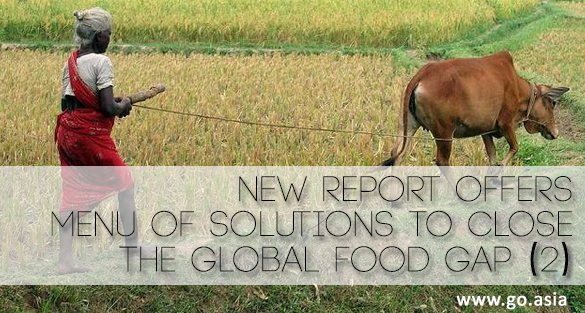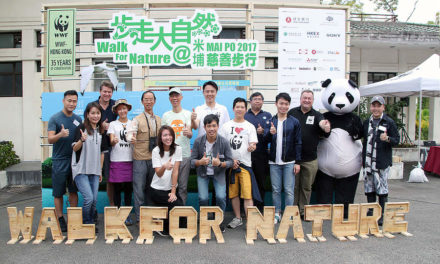New research World Resources Report: Creating a Sustainable Food Future, produced by the World Resources Institute (WRI), United Nations Development Programme (UNDP), United Nations Environment Programme (UNEP), and the World Bank presents solutions to meet the world’s growing food needs, while advancing economic development and environmental sustainability.
The report includes recommendations to close the food gap by reducing excessive consumption, such as:
- Reduce food loss and waste: 25 percent of calories from food grown for human consumption is currently lost or wasted. Cutting the rate of food loss and waste in half by 2050 would close 20 percentof the food gap.
- Shift diets: Increasing demand for pasture land caused more than half of all agricultural expansion since the 1960s, and beef consumption is projected to grow by 80 percent between 2006 and 2050. Reducing excessive demand for animal products, particularly by developed countries, would spare hundreds of millions of hectares of forests that otherwise would be cleared for grazing.
- Achieve replacement level fertility: Sub-Saharan Africa will need to more than triple its crop production between 2006 and 2050 to provide adequate food per capita, given projected population growth. Most of the world is nearing achievement of replacement level fertility by educating girls, reducing child mortality, and providing access to reproductive health services. Helping sub-Saharan Africa in its efforts to reduce fertility rates through improvements in healthcare and education could help close the food gap by 25 percent in the region, and generate important economic and social benefits.
“From reducing food waste to improving agricultural practices, feeding a growing population requires working on several fronts at the same time,” said Juergen Voegele, World Bank Director for Agriculture and Environmental Services. “Applying the principles of Climate Smart Agriculture across landscapes—that means crops, livestock, forests, and fisheries—has the potential to sustainably increase food security, enhance resilience and reduce agriculture’s carbon footprint. Pursuing this approach is not a luxury, it’s an imperative.”
Source: UNEP – Think.Eat.Save.
Image: WRI










